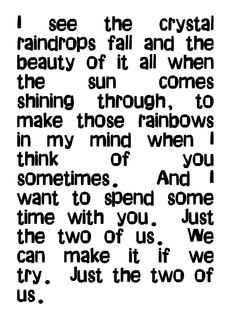
His most recent big hit was the Next Exit album of 1992 that included Summer Chill, co-written by his son and nominated for a Grammy. When not touring, Washington often helped young musicians in Philadelphia.

His drive and high-register tenor expertise on Work Song, under the leadership of Joey DeFrancesco, devastatingly makes the point. Kenny G and many other purveyors of so-called smooth jazz have been influenced by his general approach, though few share his ability to mix it with the heavyweights. Now also playing flute, Washington's appeal became perhaps most tied up with the clean, piping yet mellow sound he squeezed from the soprano saxophone. After the success of his own Kudu albums, he finally gave up a day job wholesaling records and became one of the stars of a circuit that involved the likes of George Duke, Bob James, Marcus Miller and Steve Gadd, generally filed under a crossover or fusion heading.

The album, Living Black, contains the outstanding version of Killer Joe, on which Washington's forthright opening tenor solo does so much to create the right ambiance.Īlready a mature soloist, with a command of the high register that became something of a trademark, Washington's success with Earland led to several similar recordings, including those led by organist Johnny Hammond Smith. Another case of last-minute substitutions saw him summoned by Charles Earland in 1971 to the Key Club in Newark, New Jersey, where the organist was about to perform a live date.

That city had a reputation for clubs that jumped to the sound of the Hammond organ, and that may have been behind his first break. He then freelanced for a couple of years and played saxophone during his military service before settling in Philadelphia in 1967. He was barely in his teens when he joined a local R&B group, and, at 16, began five years of working with the Four Clefs. Even bigger triumphs came after a move to Elektra, where another gold for Come Morning followed his Winelight, including the song, Just The Two Of Us, that won a platinum disc and cornered two Grammy awards.īorn in Buffalo, Washington was encouraged to take up the instrument by his saxophonist father. Subsequent albums for CTI's Kudu label included such numbers as Mr Magic, from the album that won a gold disc. Until then better known as a tenor soloist, Washington switched to alto for many tracks, and registered strongly with the resultant Inner City Blues.


 0 kommentar(er)
0 kommentar(er)
